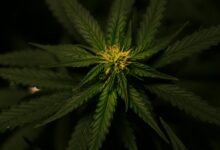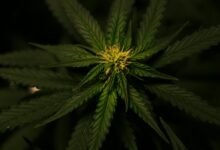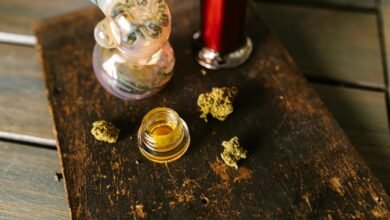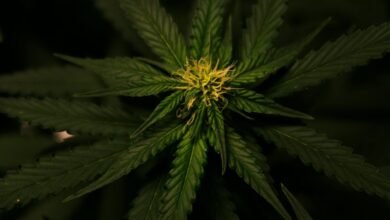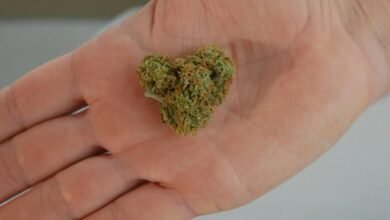Does Thc or Cbd Get You High
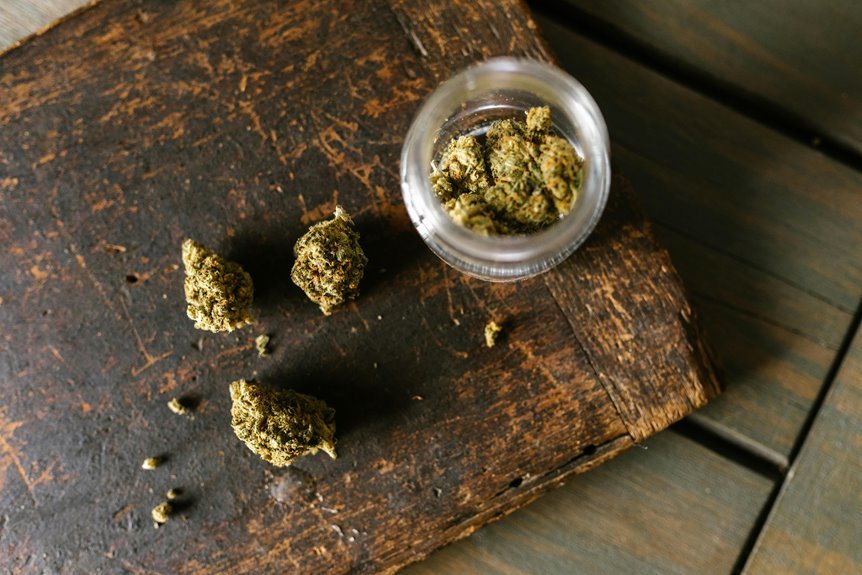
The distinction between THC and CBD is critical in understanding their effects on the human body. THC is the psychoactive component known for inducing a high, characterized by altered perception and euphoria. Conversely, CBD offers therapeutic benefits without the intoxicating effects. This difference raises important questions about their respective roles in cannabis use. Analyzing the interaction between these compounds may reveal more about their effects and potential applications. What implications might this have for users seeking specific outcomes?
Understanding THC: The Psychoactive Component of Cannabis
Tetrahydrocannabinol (THC) is the primary psychoactive compound found in cannabis, known for its ability to produce euphoric sensations and altered states of consciousness.
Research indicates that THC effects can vary significantly based on dosage and individual tolerance.
THC consumption, whether through smoking, edibles, or oils, can lead to both therapeutic benefits and potential side effects, warranting careful consideration by users seeking a balanced experience.
Exploring CBD: The Non-Psychoactive Compound
Although often overshadowed by its more famous counterpart THC, cannabidiol (CBD) has gained significant attention for its distinct properties and benefits.
Research indicates that CBD offers various therapeutic uses, including alleviating anxiety, reducing inflammation, and managing pain.
The non-psychoactive nature of CBD allows users to experience its benefits without the intoxicating effects associated with THC, promoting a sense of well-being and freedom.
The Interaction Between THC, CBD, and the Endocannabinoid System
The complex interplay between THC, CBD, and the endocannabinoid system (ECS) underscores the nuanced effects these cannabinoids have on the human body.
THC primarily activates endocannabinoid receptors, leading to psychoactive effects through cannabinoid signaling. In contrast, CBD modulates receptor activity, potentially mitigating THC's effects.
This interaction exemplifies the intricate balance within the ECS, influencing overall well-being and therapeutic outcomes.
Comparing the Effects: THC vs. CBD
Numerous studies illustrate the distinct effects of THC and CBD, highlighting their unique profiles in both recreational and therapeutic contexts.
An effects comparison reveals that THC predominantly induces psychoactive experiences, while CBD tends to promote relaxation without intoxication.
User experiences further emphasize these differences, showcasing THC's euphoric sensations against CBD's calming properties, ultimately catering to varying preferences and therapeutic needs within the cannabis community.
Conclusion
In conclusion, THC is the compound that produces the psychoactive "high," while CBD offers therapeutic benefits without intoxication. The distinct roles of these cannabinoids cater to varying user preferences, highlighting the importance of understanding their effects. As individuals navigate their cannabis choices, one must consider: is the pursuit of euphoria worth the potential drawbacks of THC, or does the calming relief of CBD better align with their needs? Understanding these differences is essential for informed decision-making.
